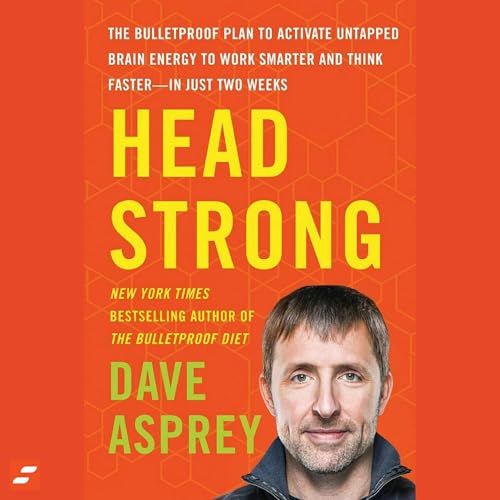Feeling Good: The New Mood Therapy by Dr. David D. Burns is one of the most influential self-help books ever written — and in this summary, you’ll discover how Cognitive Behavioral Therapy (CBT) can transform the way you think and feel. CBT is a proven psychological method for mental health improvement, helping people break free from depression, anxiety, procrastination, and low self-esteem. Show notes / Free Audiobook / 🇩🇪German / 🇪🇸Spanish / 🇫🇷French / 🇸🇪Swedish At the core of CBT is a powerful idea: your thoughts create your feelings. In this episode, we explore how Dr. Burns introduces the 10 cognitive distortions that trap us in negative emotions — including all-or-nothing thinking, overgeneralization, and personalization. By recognizing these patterns, you can begin to reframe your mindset and reclaim control over your emotional health. Alongside theory, you’ll learn actionable strategies and tools from Cognitive Behavioral Therapy that you can apply today. These include the Daily Mood Log and the double column technique, which help you challenge distorted thinking and replace it with healthier, more balanced perspectives. These CBT tools are not abstract — they are practical exercises designed for daily use, making this book one of the most actionable personal development audiobooks available. Beyond tools, this episode covers key themes from Feeling Good: • Building self-esteem and self-compassion without falling into perfectionism. • Overcoming procrastination and guilt by rewiring your mental dialogue. • Managing anger in relationships and improving communication through CBT insights. • Applying mental models from Feeling Good to create lasting resilience and a healthier mindset. To make this knowledge easy to implement, we share a 30-Day CBT Challenge — a step-by-step framework to practice these ideas consistently. This structured approach ensures you not only understand the concepts of Cognitive Behavioral Therapy (CBT) but also put them into action. If you’re exploring self-help books, personal growth book summaries, or audiobook summaries that deliver real change, this episode is packed with insights. StoryShots brings you the key takeaways from bestsellers like Feeling Good, making the world’s top books available in text, audio, and animated formats. 🎧 Listen now to learn how Feeling Good: The New Mood Therapy and CBT can help you beat depression, manage anxiety, improve self-esteem, and transform your life. cognitive behavioral therapy, CBT, self-help books, personal development audiobooks, mental health improvement, book summaries, self-improvement book insights, feeling good, cognitive distortions, anxiety management, depression recovery, actionable tools for mental health, self-esteem, self-compassion, personal growth book summaries, best book summaries 📚 by storyshots, audiobook summaries, storyshots, story shorts, storyshorts, key takeaways from bestsellers, book reviews, executive development 00:00 – Introduction: Understanding CBT (Cognitive Behavioral Therapy) for Depression and Anxiety 03:07 – The CBT Formula: How Your Thoughts Shape Emotions and Feelings 06:16 – The 10 Cognitive Distortions: Identifying Harmful Thinking Patterns 11:46 – Practical CBT Tools: Daily Mood Log & Techniques to Reframe Negative Thinking 15:58 – Building Self-Esteem: Breaking Free from Perfectionism and Self-Criticism 19:50 – Overcoming Procrastination and Managing Unhealthy Guilt 22:17 – Managing Anger and Improving Relationships with CBT 24:04 – Mental Models from Feeling Good: Tools for Long-Term Mood Mastery 27:46 – Final Summary: 30-Day CBT Challenge and Mental Health Resources Learn more about your ad choices. Visit megaphone.fm/adchoices
Show More
Show Less
 36 mins
36 mins 7 mins
7 mins 20 mins
20 mins 32 mins
32 mins 7 mins
7 mins Feb 14 20267 mins
Feb 14 20267 mins Feb 13 20267 mins
Feb 13 20267 mins 7 mins
7 mins
